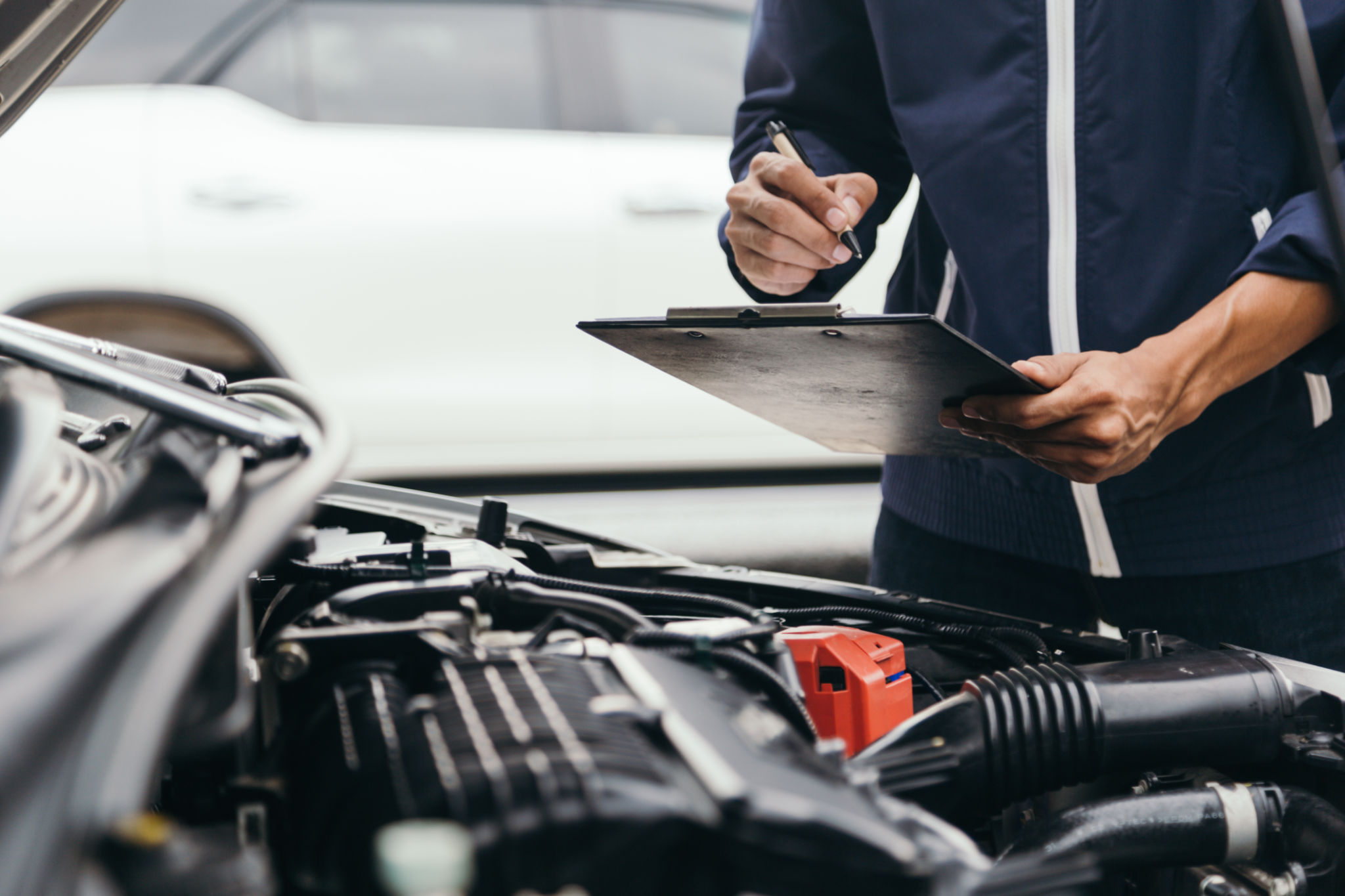Why Regular Brake Inspections Are Essential for Safe Driving
The Importance of Brake Inspections
Ensuring the safety of both drivers and passengers on the road requires regular maintenance of your vehicle’s braking system. Brake inspections are a critical part of this maintenance, as they help identify potential issues before they become serious problems. By routinely checking your brakes, you can maintain optimal stopping power and reduce the risk of accidents.

Brakes are one of the most important safety features in any vehicle. They allow you to control your speed and stop your car in emergencies. Over time, the components of a brake system, such as pads, rotors, and calipers, can wear out or malfunction. Regular inspections help ensure that these components are functioning correctly and can prevent costly repairs down the road.
Signs That Your Brakes Need Inspection
Knowing when to have your brakes inspected can be challenging if you're not aware of the warning signs. Here are some indicators that it might be time for a brake check:
- Squeaking or Squealing Noises: These noises often indicate worn-out brake pads.
- Vibrations: If you feel vibrations in the steering wheel when braking, it could be a sign of warped rotors.
- Longer Stopping Distances: This can indicate that your brake system is not performing optimally.

If you experience any of these signs, it’s crucial to have your brakes inspected by a professional as soon as possible. Ignoring these warnings can lead to more significant issues and even complete brake failure.
Benefits of Regular Brake Inspections
Regular brake inspections offer numerous benefits beyond just safety. Firstly, they can save you money in the long run by catching minor issues before they escalate into costly repairs. Additionally, properly maintained brakes can improve your vehicle’s fuel efficiency.
Another advantage is that regular inspections can enhance the longevity of your braking system. By replacing worn-out components promptly, you prevent unnecessary wear and tear on other parts of the system, extending its overall lifespan.

What to Expect During a Brake Inspection
A comprehensive brake inspection usually involves several steps. A professional mechanic will check the condition of the brake pads and rotors, inspect the calipers for leaks or damage, and evaluate the brake fluid levels and quality. They may also examine the brake lines and hoses for any signs of wear or corrosion.
These inspections typically take less than an hour but can provide peace of mind knowing that your vehicle's braking system is in good working order. It’s recommended to schedule a brake inspection at least once a year or every 12,000 miles, whichever comes first.
Conclusion
Regular brake inspections are an essential aspect of vehicle maintenance that should not be overlooked. By keeping your brakes in top condition, you ensure safer driving conditions for yourself and others on the road. Don't wait for warning signs to appear; make brake inspections a routine part of your vehicle care plan to enjoy a safer and more reliable driving experience.
